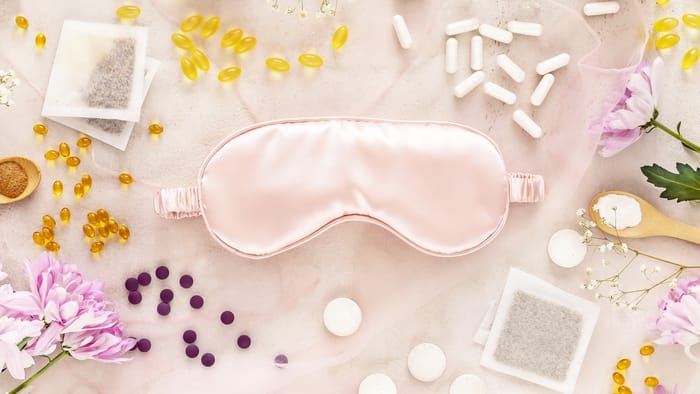We’ve all heard the phrase “beauty sleep,” but did you know that the key to glowing, healthy skin could be in your nightly routine? Getting enough rest is more than just a way to recharge your energy—it's also essential for your skin to repair itself and rejuvenate overnight. Your skin goes into full recovery mode while you sleep, making beauty sleep one of the most effective and natural ways to achieve a glowing complexion.
Here are some simple yet powerful beauty sleep tips to help you wake up with radiant skin every morning. From creating the perfect sleep environment to choosing the right skincare products, these tips will help you make the most of your nighttime routine.
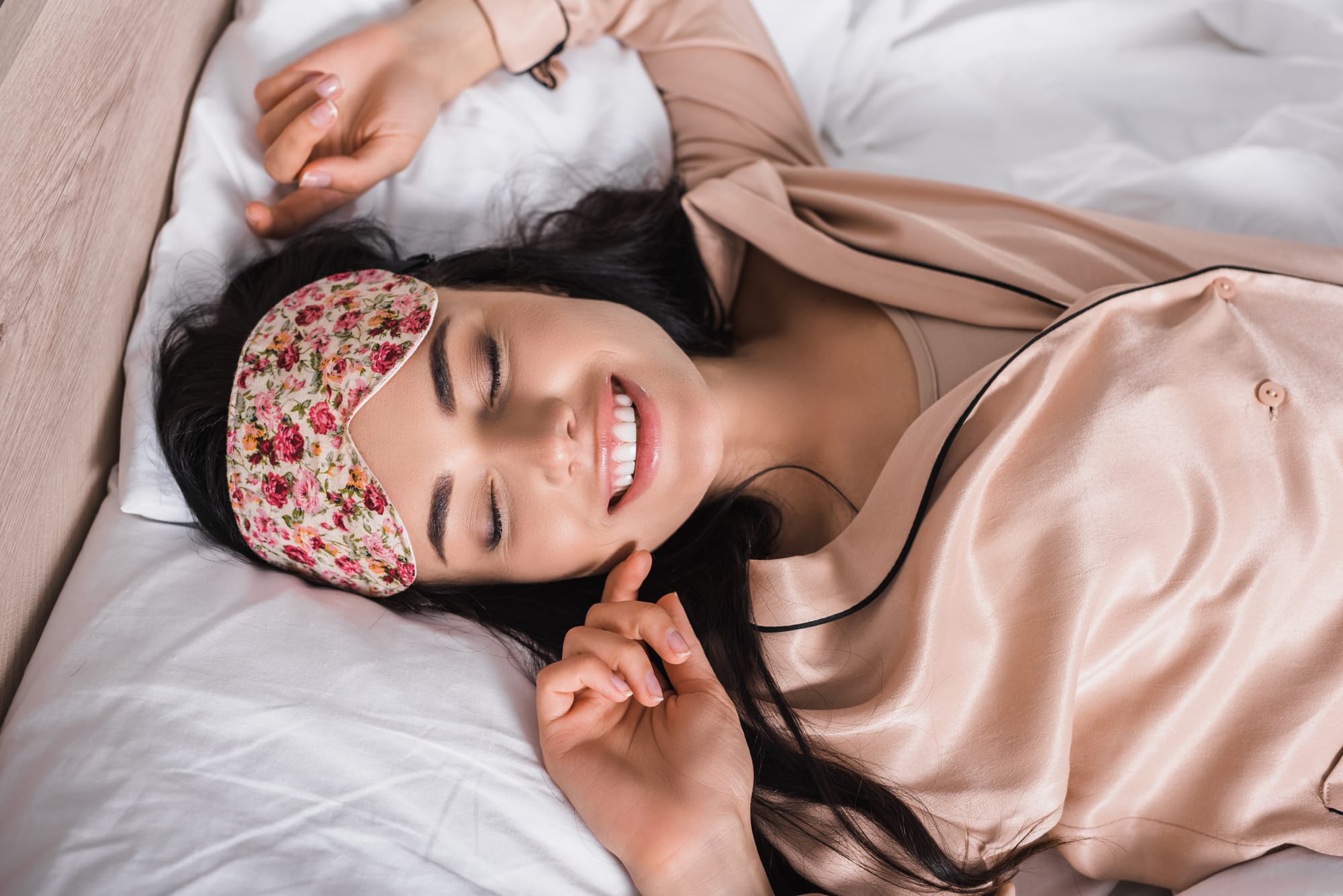
1. Prioritize Quality Sleep
Your skin works hard to repair itself while you sleep. From regenerating skin cells to boosting collagen production, quality sleep is a non-negotiable part of your skincare routine.
How Much Sleep is Enough?
For optimal skin health, aim for 7-9 hours of sleep each night. This allows your skin enough time to repair, regenerate, and detoxify.
Consistency is Key:
Going to bed and waking up at the same time every day helps regulate your body’s internal clock, leading to better sleep quality. When your sleep is consistent, your skin can repair itself more effectively.
2. Create the Perfect Sleep Environment
Your bedroom environment plays a huge role in your ability to get restful sleep. Here are some tips to set the stage for beauty sleep:
Comfortable Bedding:
Invest in soft, breathable bedding. Silk or satin pillowcases are excellent choices because they reduce friction on your skin, preventing sleep lines and wrinkles.
Room Temperature:
Your room should be cool, ideally between 15-20°C. A cooler room helps you sleep more soundly and promotes better skin recovery.
Darkness is Essential:
Melatonin, the hormone that regulates sleep, thrives in the dark. Avoid blue light from your phone or TV before bed (try to avoid it for at least an hour), and consider using blackout curtains to keep your room dark.
Quiet and Calm:
If you struggle with noisy environments, consider using earplugs or a white noise machine to create a peaceful sleep environment.
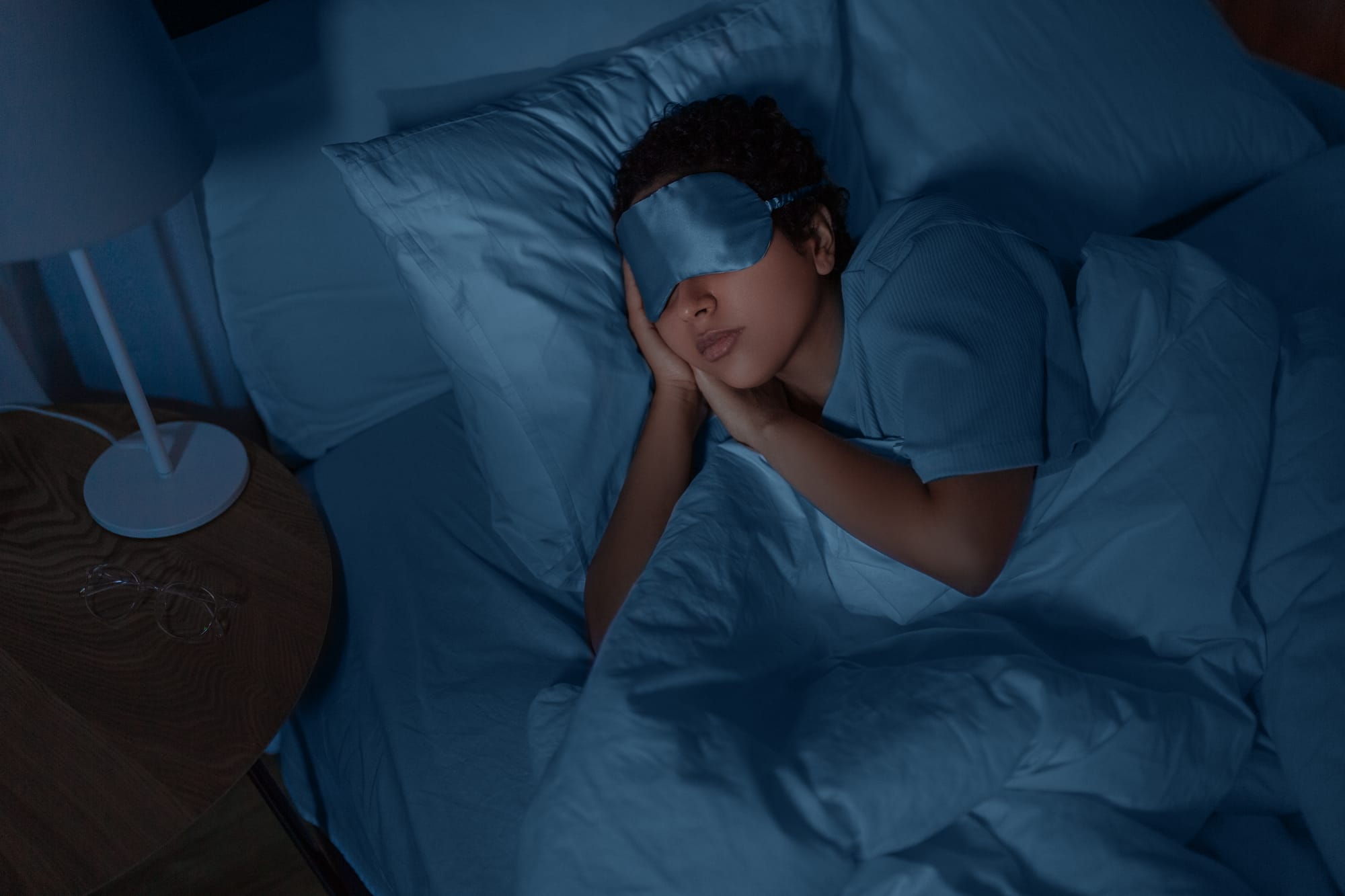
3. Hydrate Before Bed
Dehydrated skin can look dull, tired, and uneven. To keep your skin glowing overnight, it's essential to stay hydrated.
Drink Water:
Try to drink a glass of water an hour before bed. Hydration helps to flush out toxins and replenishes your skin’s moisture levels.
Moisturize:
A good nighttime moisturizer helps lock in hydration while you sleep. Look for products that contain ingredients like hyaluronic acid, glycerin, or ceramides, which attract and hold moisture in the skin.
Avoid Caffeine and Alcohol:
Caffeine and alcohol are both diuretics, meaning they can cause your skin to lose moisture. If possible, limit your intake of these substances, especially in the hours leading up to bedtime.
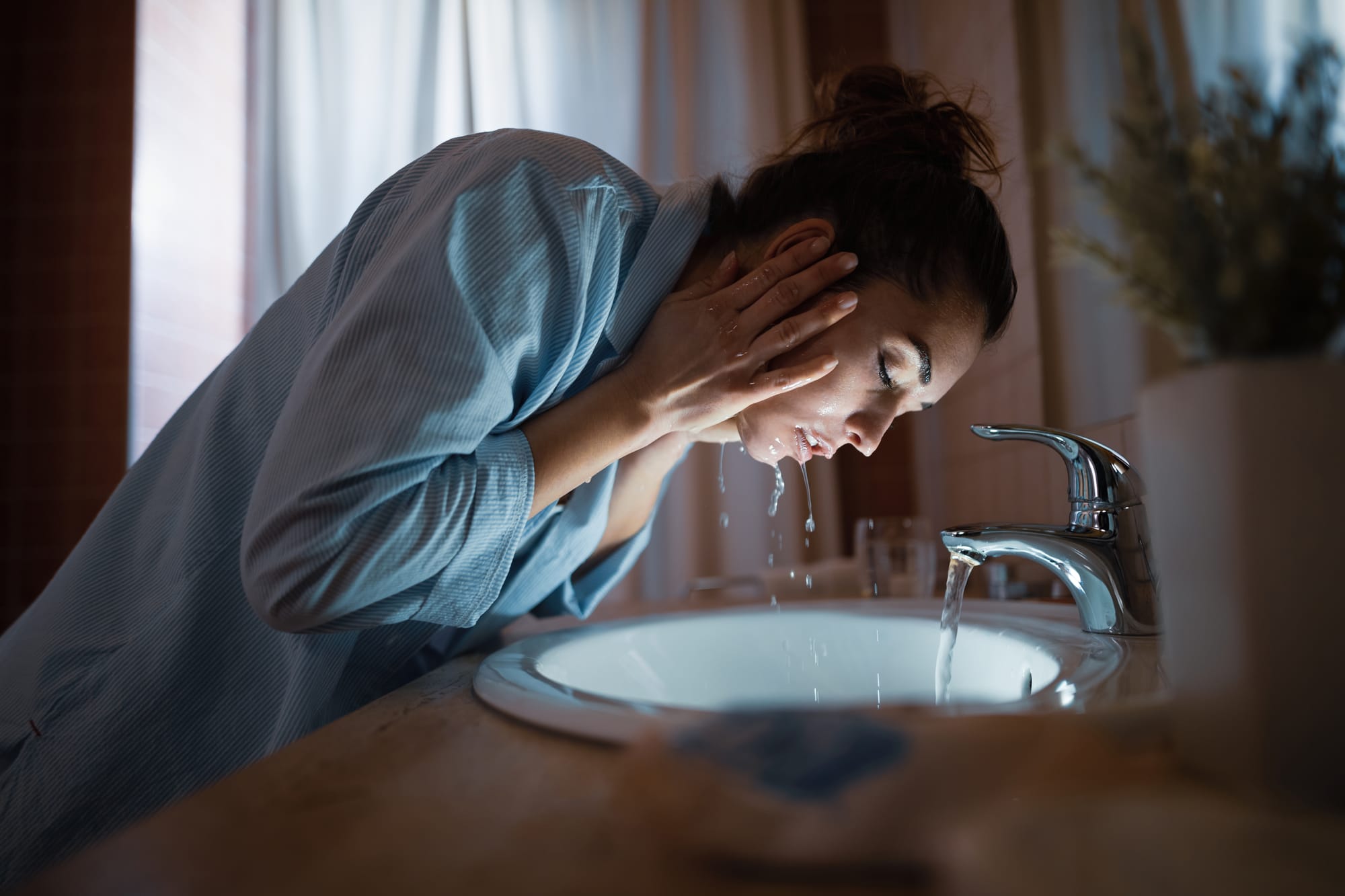
4. Follow a Nighttime Skincare Routine
Your nighttime skincare routine is crucial in making the most out of your beauty sleep. Here’s how to ensure you’re using the right products to support glowing skin overnight:
Cleanse Thoroughly:
Remove makeup, dirt, and oil from your skin before bed. A Double cleanse works best to remove all remnants from the skin, but opt for a gentle second cleanser to avoid stripping your skin’s natural oils.
Exfoliate (2-3 Times a Week):
Exfoliating removes dead skin cells and allows your skin regenerate more effectively. Make sure to use a gentle exfoliator to avoid irritation. My personal favourites are chemical exfoliators, but be sure to check which active ingredients you're using in your routine to avoid a clash!
Moisturise:
Apply a nourishing night cream that suits your skin type. Night creams are often richer and more hydrating than day moisturisers, which helps to lock in moisture and nutrients while you sleep.
Consider Overnight Masks:
Overnight masks are perfect for providing an extra boost of hydration and nourishment. These masks stay on overnight and work while you sleep to improve your skin’s texture and overall glow.
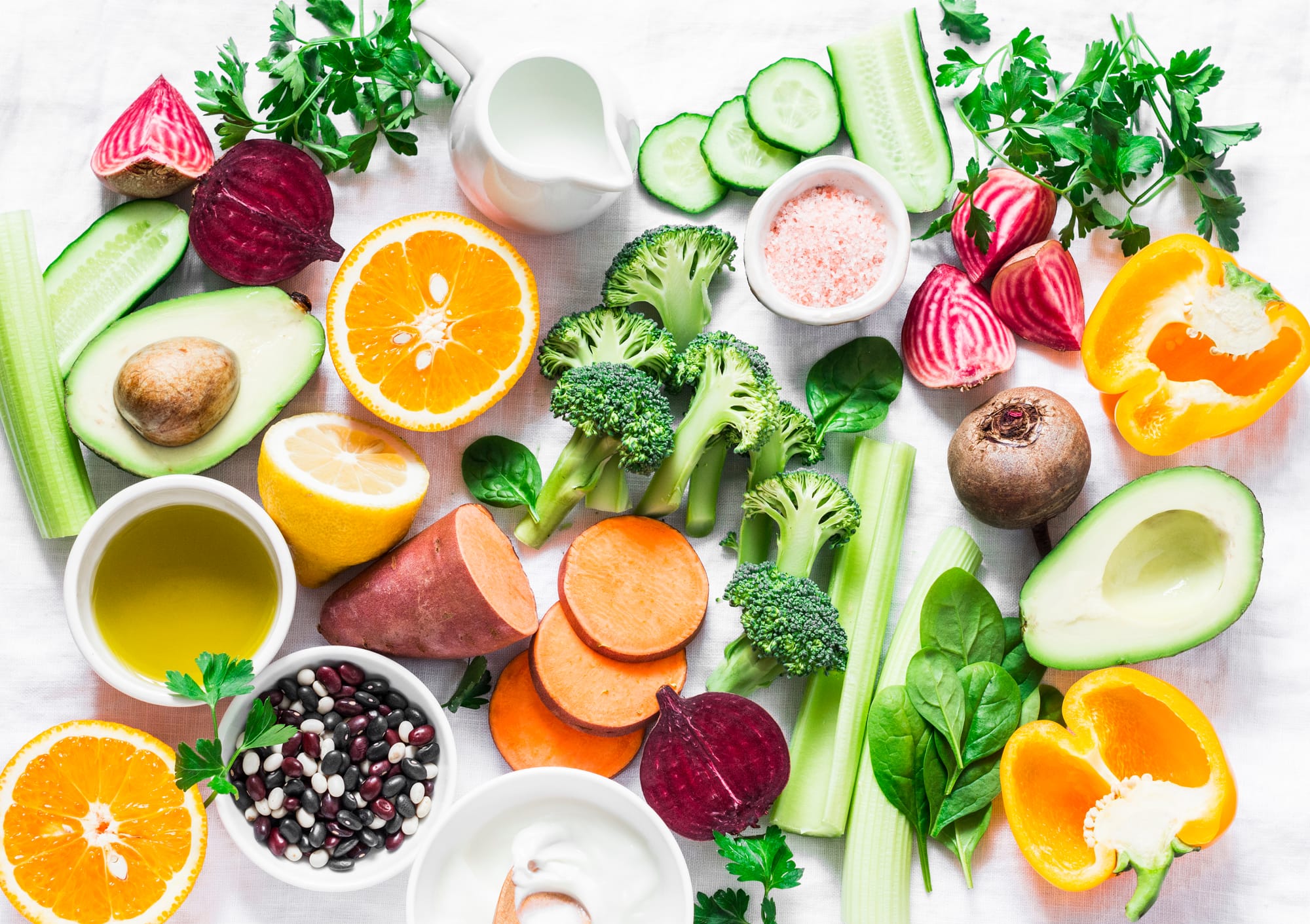
5. Eat Skin-Boosting Foods
What you eat plays a big role in the health of your skin. Incorporate skin-boosting foods into your diet for even better results:
Foods for Glowing Skin:
Incorporate antioxidant-rich foods like berries, citrus fruits, and leafy greens. These foods help to protect your skin from oxidative damage and promote skin healing.
Healthy Fats:
Nuts, avocados, and olive oil provide essential fatty acids that support skin hydration and elasticity.
Evening Teas:
Herbal teas like chamomile and peppermint are not only relaxing but also known for their calming properties, which help promote restful sleep. Choose a cup of tea before bed to wind down.
Avoid Heavy Meals:
Eating heavy meals right before bed can lead to skin flare-ups and indigestion. Try to eat your dinner at least two to three hours before bedtime for optimal digestion and skin health.
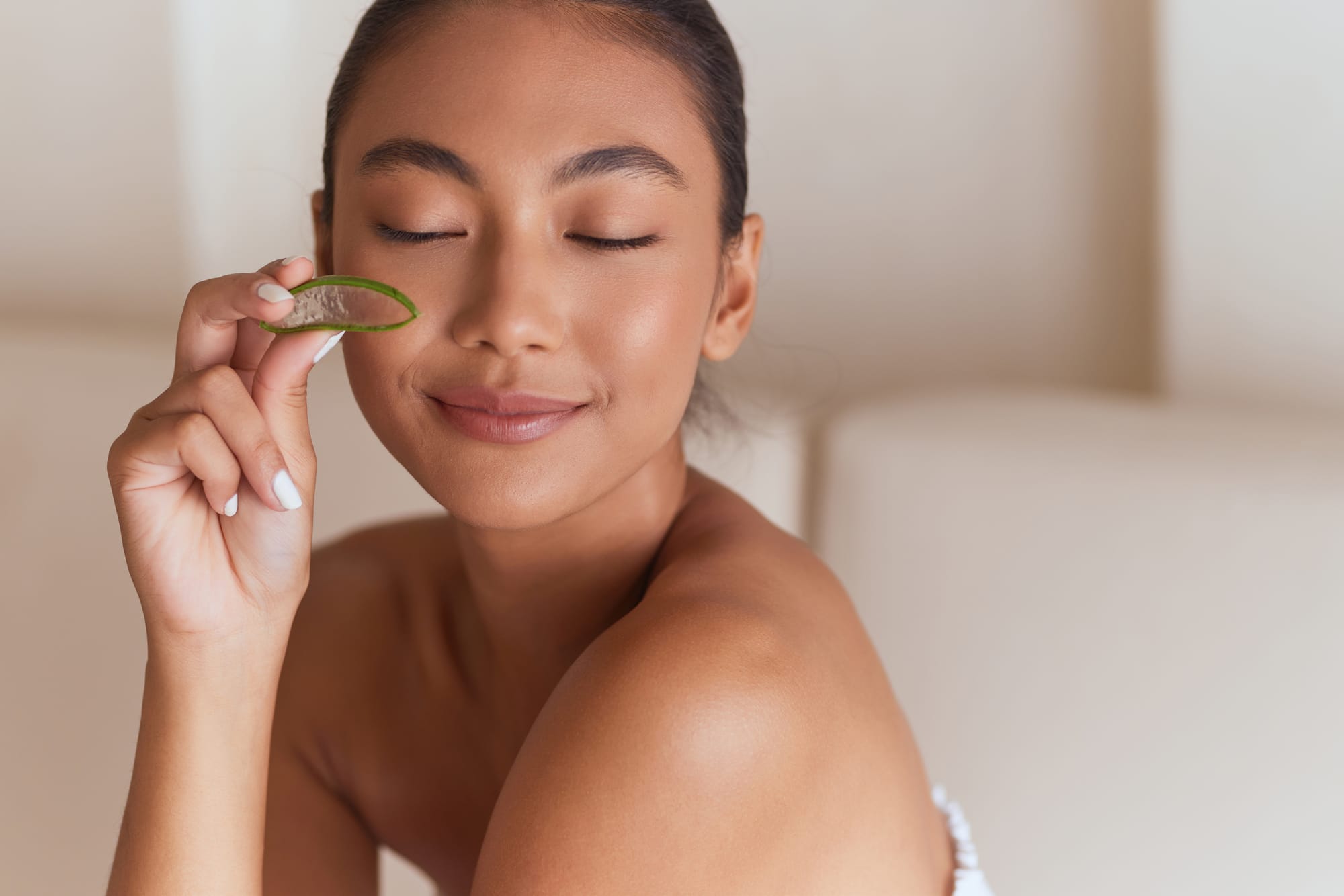
6. Try Facial Exercises or Massages Before Bed
Facial massages and exercises can do wonders for your skin, promoting better circulation and reducing puffiness.
Benefits of Facial Massage:
A simple facial massage can boost blood circulation, which helps deliver oxygen and nutrients to the skin, leaving you with a radiant complexion.
DIY Facial Massage:
Use your fingertips or a jade roller to gently massage your face before bed. This will help to reduce tension, promote lymphatic drainage, and relax facial muscles.
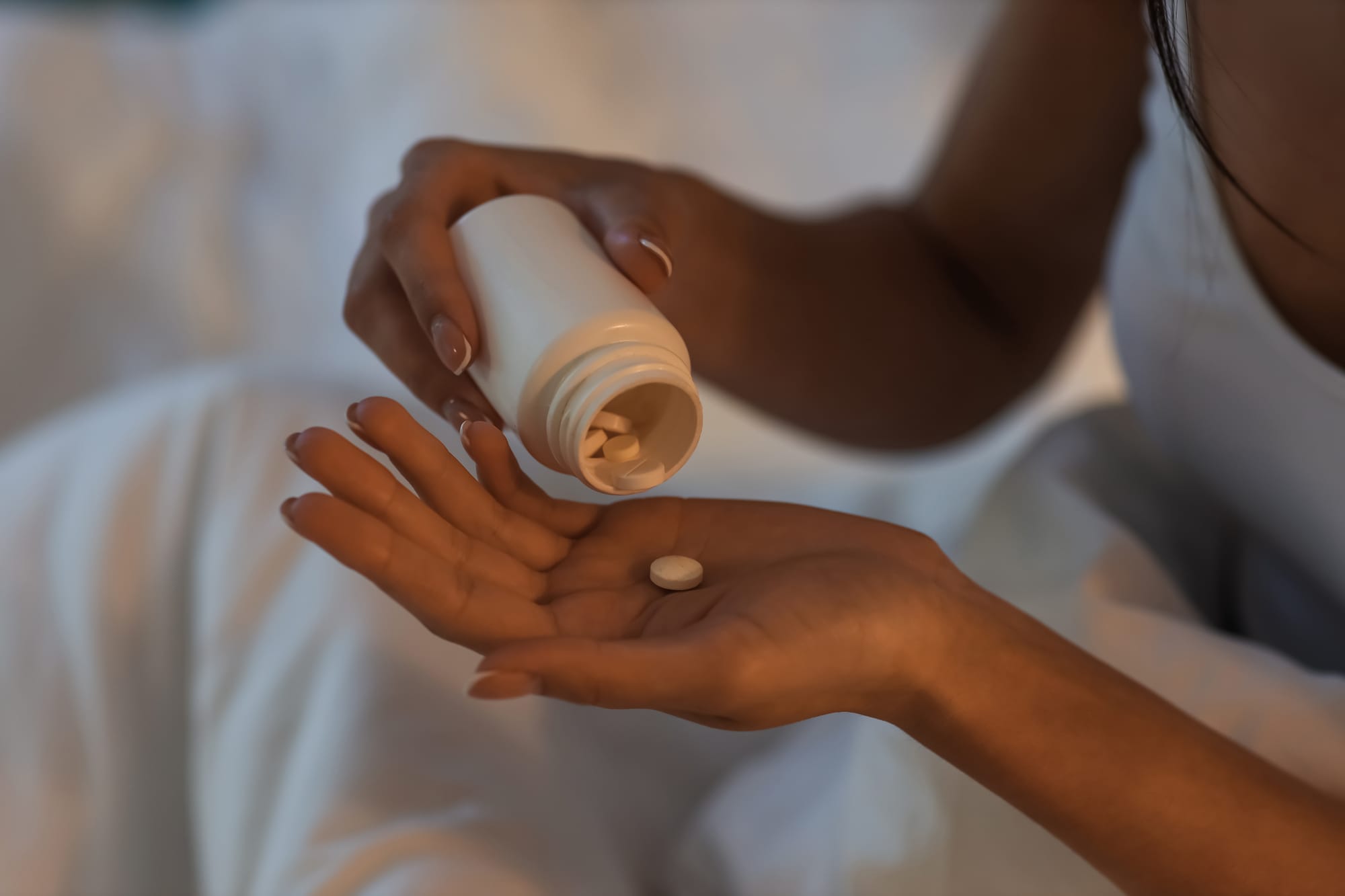
7. Use Sleep-Inducing Supplements
Some supplements can help improve your sleep quality and boost your skin health:
Melatonin:
Melatonin supplements can help regulate your sleep-wake cycle, ensuring you get the best rest possible. A consistent sleep schedule improves your skin’s ability to regenerate.
Collagen Supplements:
Collagen is a protein that helps maintain skin elasticity and firmness. Taking collagen before bed can help support your skin’s natural structure and reduce the appearance of fine lines and wrinkles.
Magnesium:
Magnesium helps with muscle relaxation and promotes better sleep. It’s also great for skin health, as it supports skin barrier function and hydration.
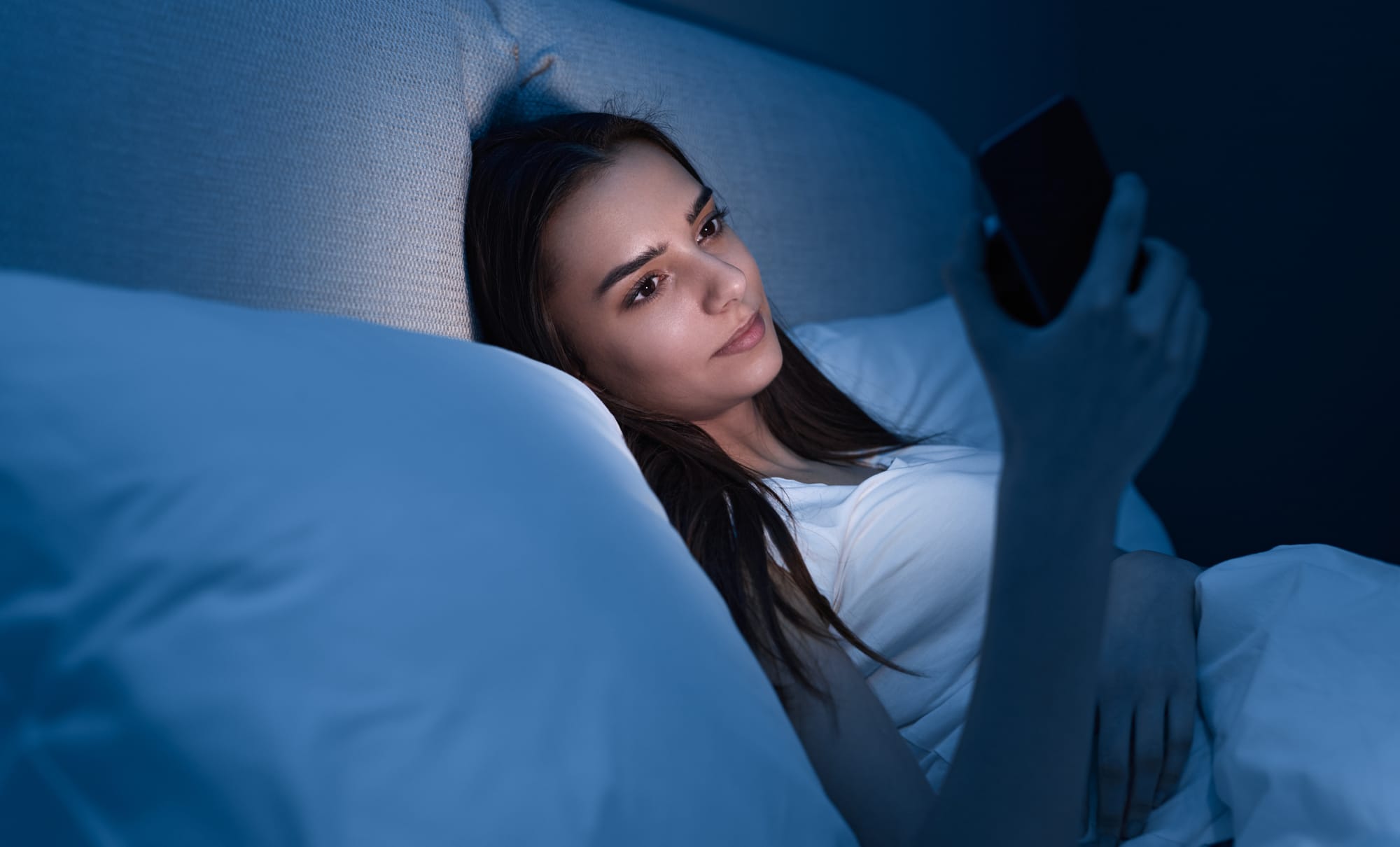
8. Avoid Common Skin Disruptors
There are certain things that can disrupt your beauty sleep and negatively affect your skin. Here’s what to avoid:
Limit Screen Time:
The blue light emitted from screens can disrupt melatonin production, making it harder to fall asleep. Try to avoid using your phone or laptop at least 1 hour before bedtime, or if you need to, set the screen settings to 'night mode' which changes the hue to a warmer yellow light.
Manage Stress:
Stress is one of the leading causes of skin breakouts and dullness. Incorporate relaxation techniques such as deep breathing, yoga, or meditation to calm your mind and body before bed.
Beauty sleep is more than just a luxury—it's a necessity for glowing, healthy skin. By prioritizing quality sleep, creating the perfect sleep environment, hydrating properly, following a nighttime skincare routine, and incorporating skin-boosting foods and supplements, you can wake up every day with radiant skin.
Start implementing these beauty sleep tips into your nightly routine, and you’ll soon see the difference in your skin’s texture, tone, and overall glow.
What’s your favourite beauty sleep tip? Share your thoughts in the comments below!

